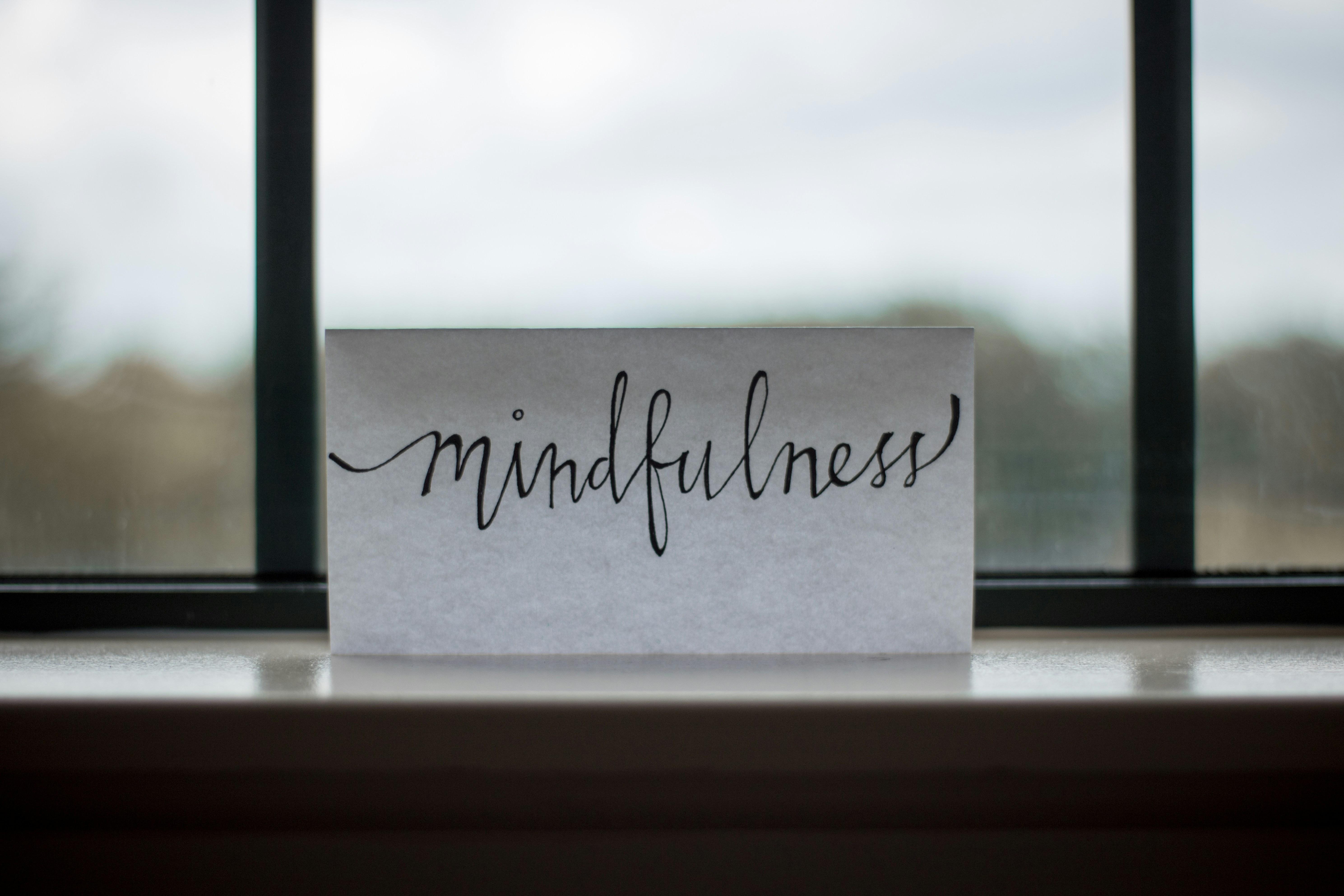In the bustling corridors of our modern lives, where the cacophony of notifications, deadlines, and endless to-do lists reign supreme, a quiet revolution has been unfolding. Meditation, once the domain of monks and mystics, has stepped into the spotlight, promising tranquility amid chaos. But as yoga studios fill up and mindfulness apps climb the download charts, a question arises: Is meditation merely the latest lifestyle trend, destined to fade like so many before it, or does it hold the enduring power to transform our lives? In this exploration, we delve into the roots and evolution of meditation, examining its potential to be more than a fleeting fascination and considering its place in the tapestry of contemporary living. Join us as we navigate the serene waters of this ancient practice, seeking to uncover whether meditation is a passing wave or a timeless tide.
Origins and Evolution of Meditation Practices
The journey of meditation dates back thousands of years, deeply rooted in ancient cultures across the globe. Originally practiced by Hindu and Buddhist monks in India, meditation served as a pathway to spiritual enlightenment and self-discovery. It was an integral part of religious rituals and a means to connect with the divine. Over the centuries, these practices spread to various parts of Asia, influencing the development of Zen meditation in Japan and Taoist meditation in China. As trade routes expanded, so did the exchange of ideas, leading to the integration of meditation into different cultural and religious contexts.
As meditation evolved, it transcended its spiritual origins to address the growing needs of modern society. Today, meditation is embraced for its mental and physical health benefits, becoming a tool for stress reduction, concentration, and emotional well-being. This evolution is marked by the emergence of various styles and practices, including:
- Mindfulness Meditation – Focuses on being present and fully engaged with the current moment.
- Transcendental Meditation – Involves the use of a mantra for deep relaxation and stress reduction.
- Guided Meditation – Uses visualizations or guided imagery to lead the practitioner into a state of calm.
These contemporary forms of meditation highlight its adaptability and enduring relevance, reflecting a practice that continues to evolve while remaining grounded in its ancient roots.

Scientific Insights into the Benefits of Meditation
Recent scientific research has unveiled numerous benefits of meditation that extend beyond its calming effects. Studies indicate that regular meditation practice can significantly enhance mental health by reducing symptoms of anxiety and depression. This is largely attributed to its ability to promote emotional regulation and increase activity in the brain’s areas responsible for self-awareness and empathy.
- Neuroplasticity: Meditation has been shown to foster neuroplasticity, enabling the brain to adapt and reorganize itself, which can improve cognitive functions such as memory and attention.
- Stress Reduction: By activating the parasympathetic nervous system, meditation helps lower cortisol levels, leading to reduced stress and an overall sense of well-being.
- Enhanced Focus: Practitioners often report improved concentration and a greater ability to remain present in the moment, which is supported by scientific findings on increased grey matter density in the brain.
Moreover, emerging evidence suggests that meditation might play a role in physical health, potentially boosting immune function and reducing chronic pain. As research continues to delve into the physiological and psychological impacts, meditation stands out as a practice with profound implications for holistic well-being.
Common Misconceptions and Challenges in Meditation
Many individuals often harbor misconceptions about meditation, viewing it as an exclusive practice reserved for the spiritually inclined or the inherently serene. However, meditation is a versatile tool, accessible to all, irrespective of lifestyle or personality. One common misunderstanding is that meditation requires the complete silencing of the mind. In reality, meditation is about becoming aware of one’s thoughts and learning to observe them without judgment, not necessarily eliminating them.
- Meditation is only for relaxation: While it can certainly help reduce stress, meditation also enhances focus, self-awareness, and emotional resilience.
- It’s a quick fix: Meditation is a practice that develops over time. Expecting immediate results can lead to frustration.
- It requires hours of practice: Even a few minutes a day can be beneficial, making it adaptable to any schedule.
Despite its benefits, meditation is not without its challenges. Beginners often struggle with maintaining consistency, finding the right technique, or even understanding if they are “doing it right.” These challenges, however, are part of the journey. Embracing the imperfections of practice can lead to a more profound and personalized meditation experience.

Integrating Meditation into Daily Life for Long-term Benefits
Incorporating meditation into your everyday routine can transform fleeting moments of peace into a foundation for sustained well-being. To seamlessly weave meditation into the fabric of daily life, consider starting with short, manageable sessions. Even five minutes of focused breathing each morning can set a tranquil tone for the day. As you grow more comfortable, gradually increase the duration to deepen the practice.
- Morning rituals: Begin your day with a few minutes of mindfulness to cultivate a sense of clarity and intention.
- Mindful commuting: Use your commute as an opportunity to practice awareness, whether it’s through deep breathing or observing your surroundings.
- Break time resets: Integrate brief meditation breaks during work or study sessions to enhance focus and reduce stress.
- Evening wind-down: Conclude your day with a calming meditation to encourage restful sleep.
These small yet powerful practices can make meditation a natural part of your daily rhythm, offering long-term benefits such as reduced stress, improved concentration, and a heightened sense of inner peace.
The Conclusion
As we draw our exploration to a close, the question remains: is meditation merely a fleeting trend or a practice with enduring roots? Perhaps the answer lies not in a definitive conclusion, but in the individual journey each person embarks upon. Meditation, with its myriad forms and interpretations, offers a unique tapestry of experiences, catering to those seeking solace, clarity, or a momentary pause in the whirlwind of life. Whether it stands the test of time as a cultural mainstay or evolves into new manifestations, meditation invites us to pause, breathe, and reflect. In a world that constantly shifts and transforms, perhaps the true essence of meditation is its ability to remind us of the simple, profound act of being present. And in that presence, we find a timeless connection that transcends trends, anchoring us to the now.
